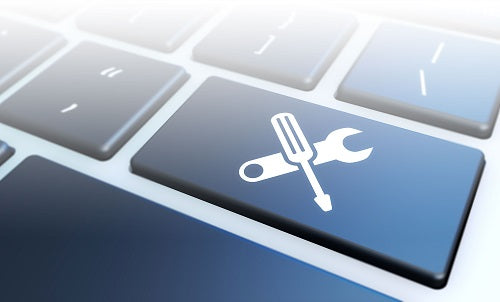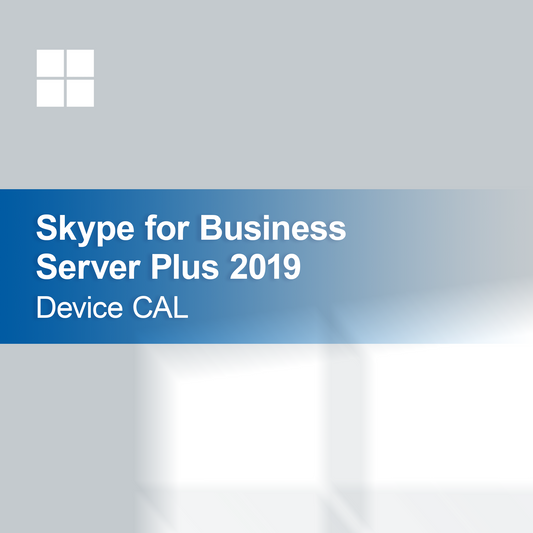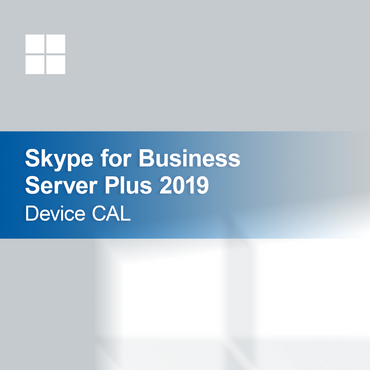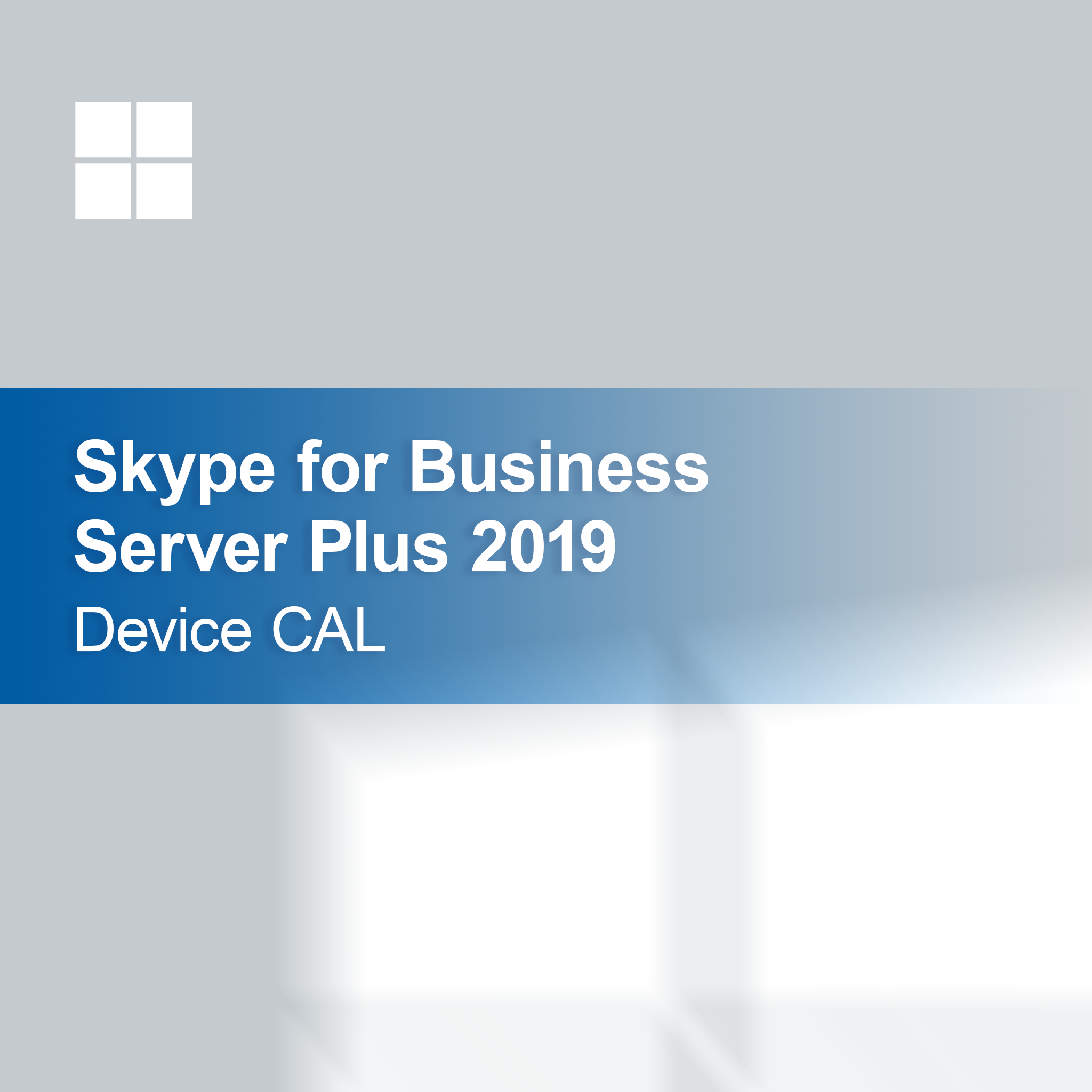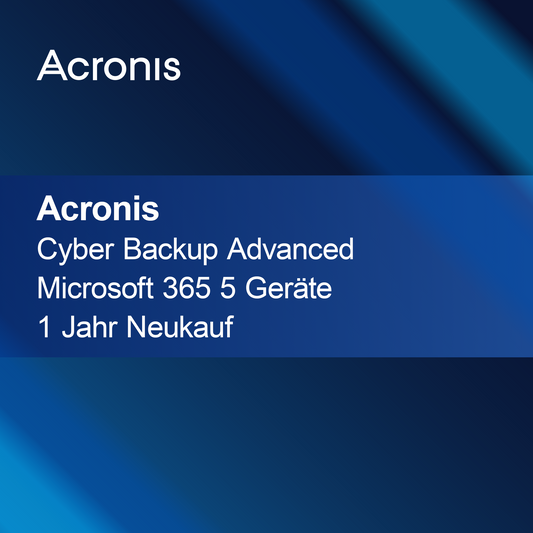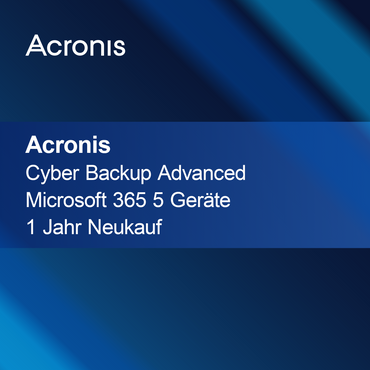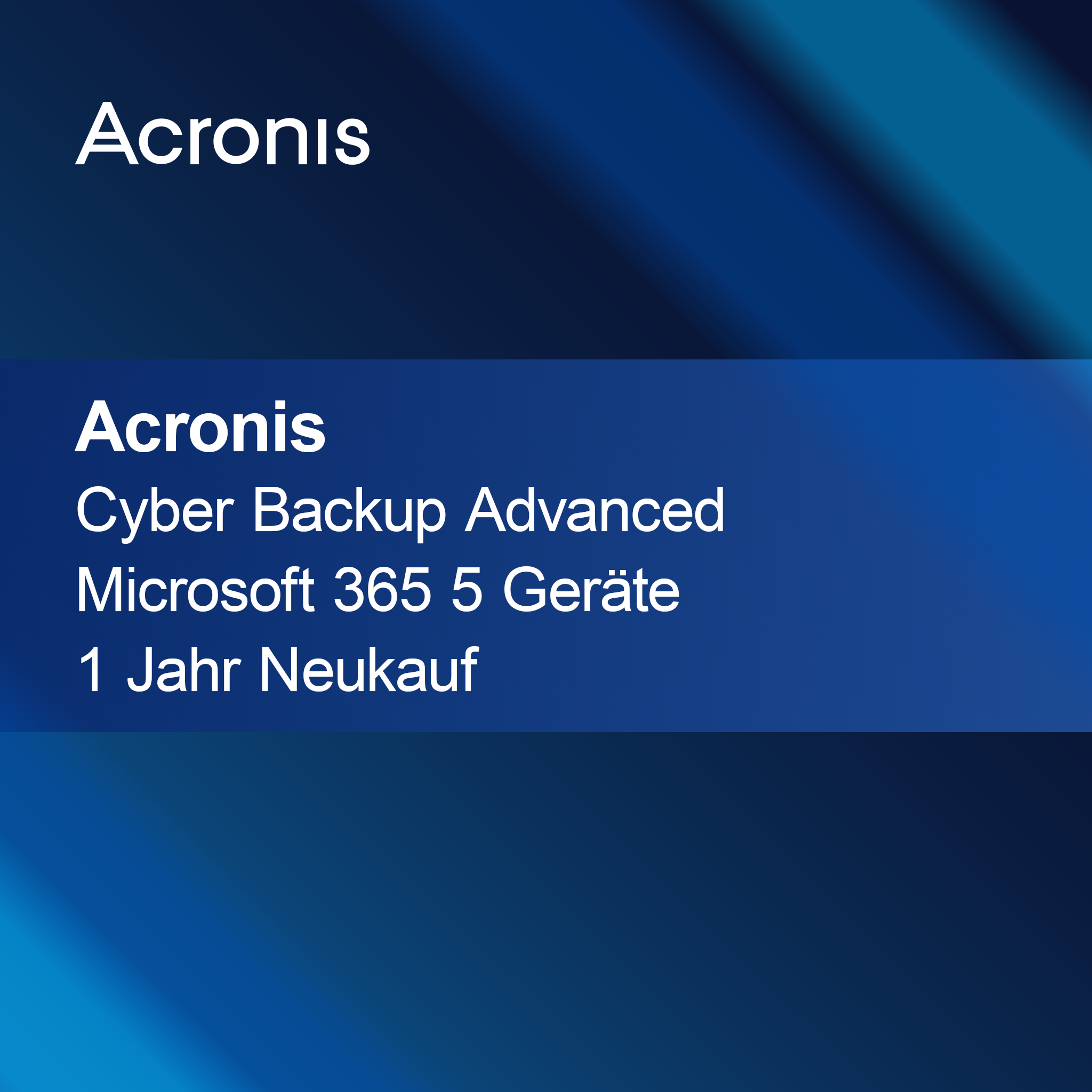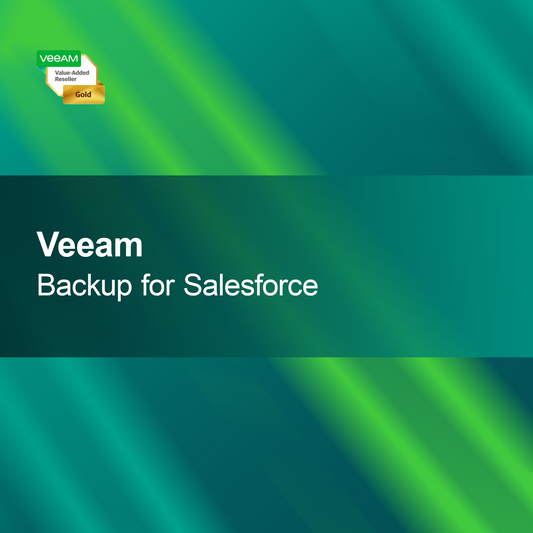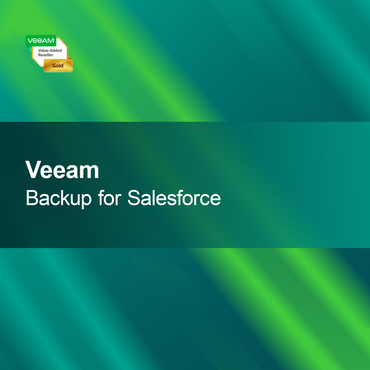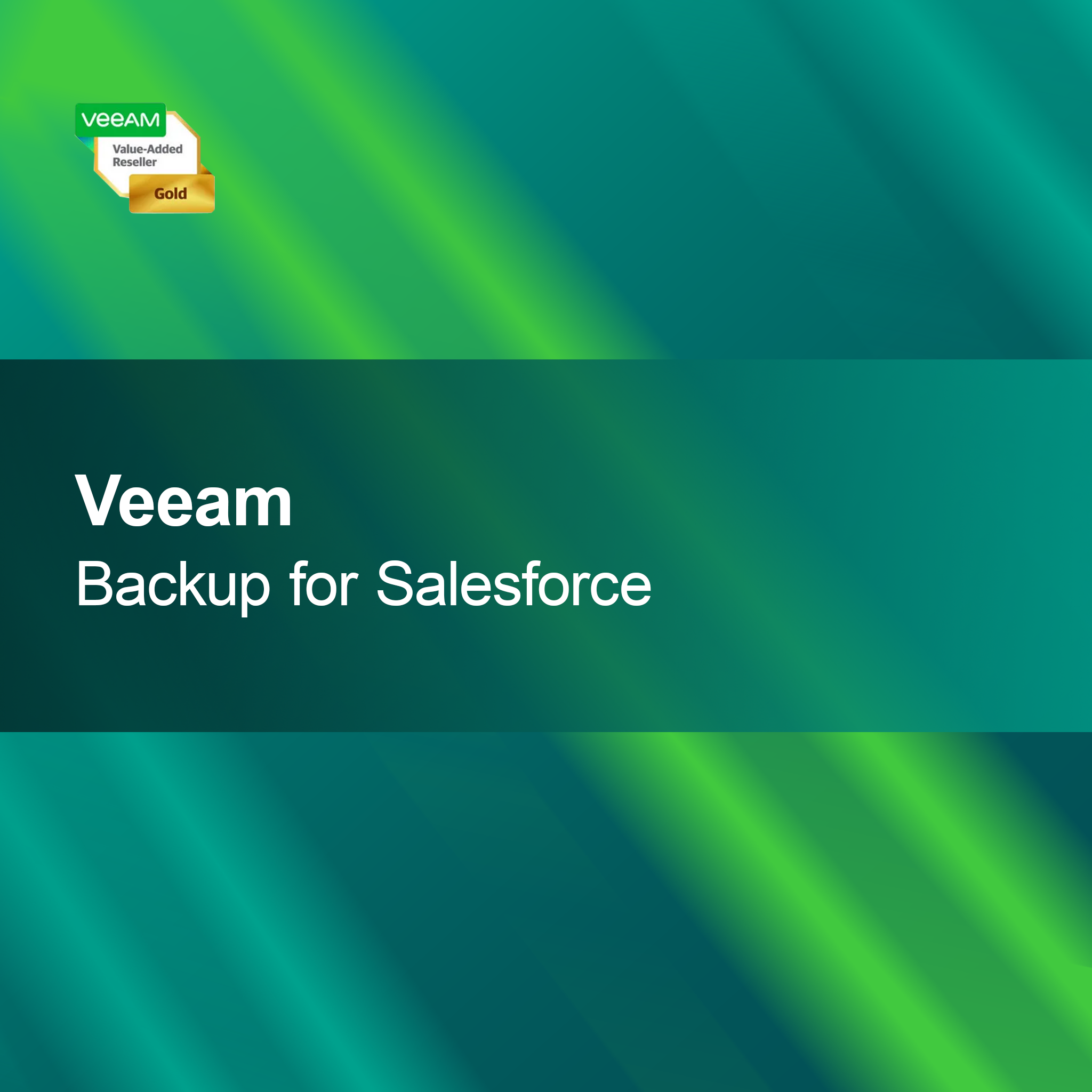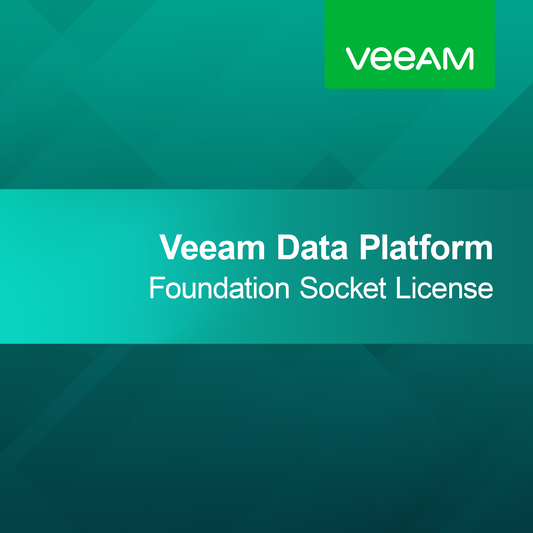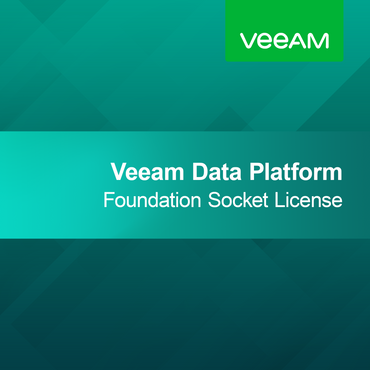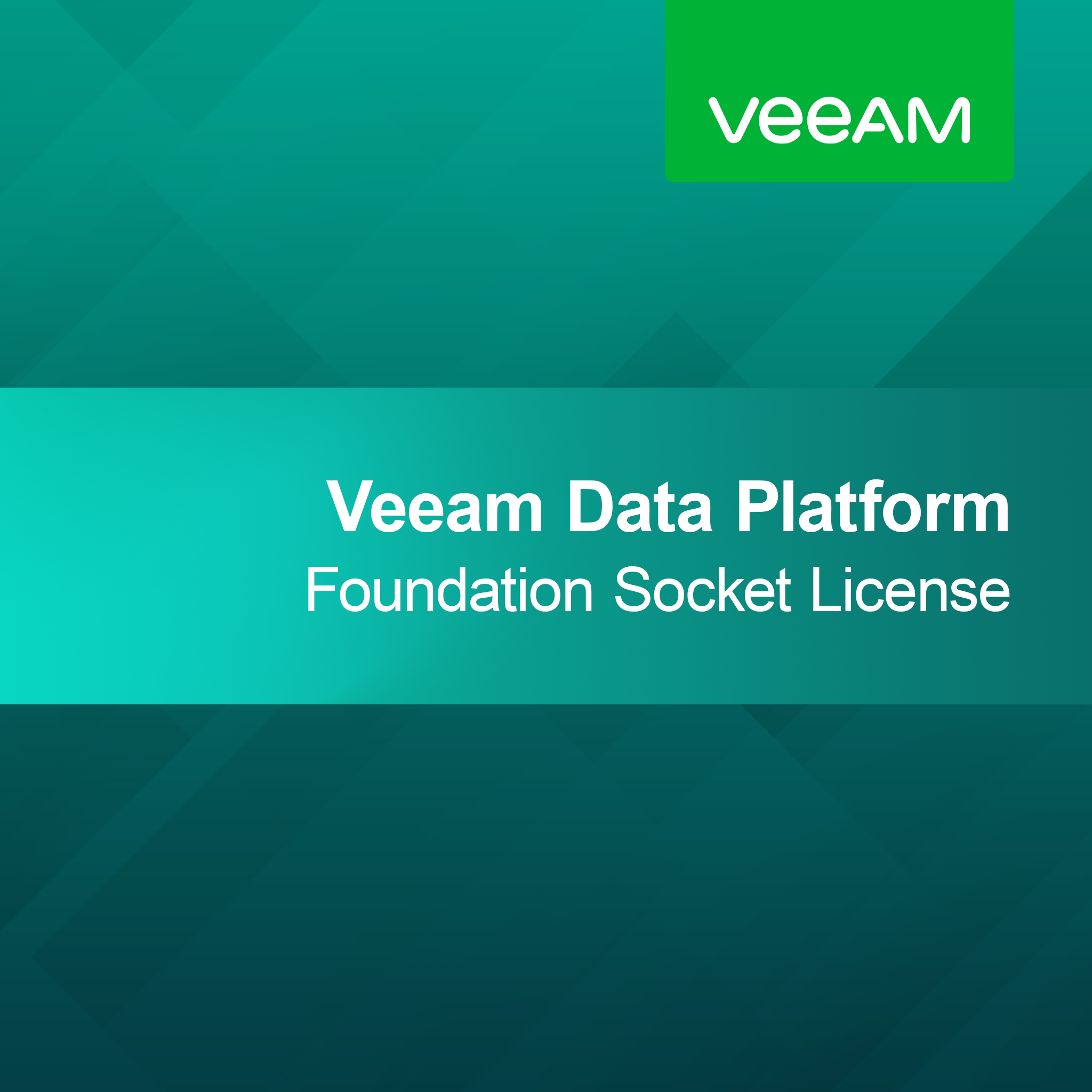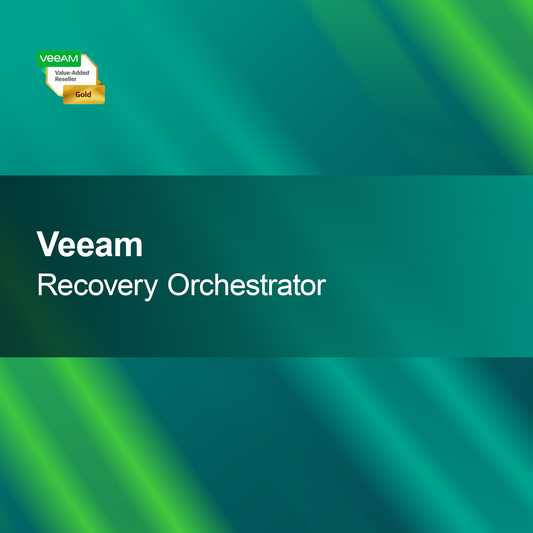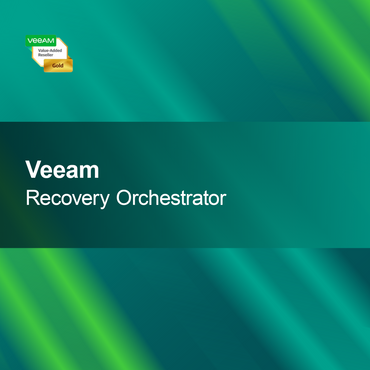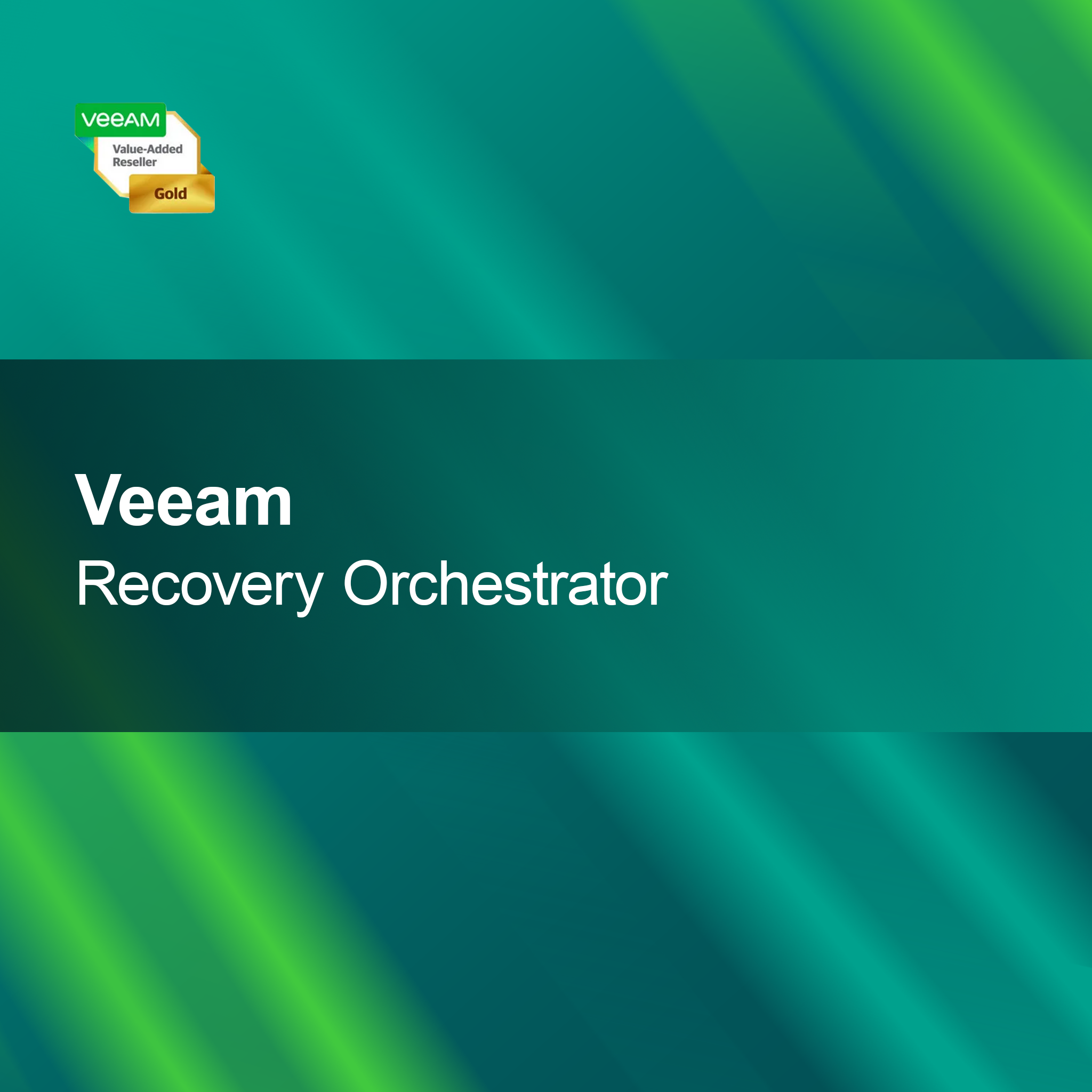-
Microsoft SQL Server 2019 Standard 1 Device CAL
Regular price 1.171,00 krSale price 1.171,00 kr Regular priceUnit price perMicrosoft SQL Server 2019 Standard 1 Device CAL With the license key for Microsoft SQL Server 2019 Standard 1 Device CAL, you get a powerful and...
-
Skype for Business Server Plus 2019 Device CAL
Regular price 1.314,00 krSale price 1.314,00 kr Regular priceUnit price perSkype for Business Server Plus 2019 Device CAL With the license key for Skype for Business Server Plus 2019 Device CAL, you get a powerful and...
-
Microsoft SQL Server 2017 Standard, 1 Device CAL
Regular price 1.039,00 krSale price 1.039,00 kr Regular priceUnit price perMicrosoft SQL Server 2017 Standard, 1 Device CAL With the license key for Microsoft SQL Server 2017 Standard, 1 Device CAL, you get a powerful and...
-
Microsoft SharePoint Server 2016 Standard Device CAL
Regular price 478,00 krSale price 478,00 kr Regular priceUnit price perMicrosoft SharePoint Server 2016 Standard Device CAL With the license key for Microsoft SharePoint Server 2016 Standard Device CAL, you get a powerful solution to improve...
-
Windows Server 2019 User CAL
Regular price From 275,00 krSale price From 275,00 kr Regular priceUnit price perWindows Server 2019 User CAL With the Windows Server 2019 User CAL license key, you get a flexible and powerful solution specifically tailored to the needs...
-
Windows Server 2016 Device CAL
Regular price From 299,00 krSale price From 299,00 kr Regular priceUnit price perWindows Server 2016 Device CAL With the license key for Windows Server 2016 Device CAL, you get a reliable and powerful solution for your corporate network....
-
Skype for Business Server Standard 2019 Device CAL
Regular price 394,00 krSale price 394,00 kr Regular priceUnit price perSkype for Business Server Standard 2019 Device CAL With the license key for Skype for Business Server Standard 2019 Device CAL, you get a powerful and...
-
Microsoft SharePoint Server 2019 Standard User CAL
Regular price 657,00 krSale price 657,00 kr Regular priceUnit price perMicrosoft SharePoint Server 2019 Standard User CAL With the license key for Microsoft SharePoint Server 2019 Standard User CAL, you get a powerful platform that significantly...
-
Microsoft Core CAL Suite User 2016
Regular price 538,00 krSale price 538,00 kr Regular priceUnit price perMicrosoft Core CAL Suite User 2016 With the license key for the Microsoft Core CAL Suite User 2016, you get fast and secure access to a...
-
Microsoft Windows Server 2025 Remote Desktop Services User CAL
Regular price From 1.529,00 krSale price From 1.529,00 kr Regular priceUnit price perMicrosoft Windows Server 2025 Remote Desktop Services User CAL With the license key for Microsoft Windows Server 2025 Remote Desktop Services User CAL, you get a...
-
Microsoft Enterprise Core CAL Suite User 2016
Regular price 1.135,00 krSale price 1.135,00 kr Regular priceUnit price perMicrosoft Enterprise Core CAL Suite User 2016 With the license key for the Microsoft Enterprise Core CAL Suite User 2016, you receive an extensive collection of...
-
Microsoft Windows Remote Desktop Services 2019, Device CAL, RDS CAL, Client Access License
Regular price From 669,00 krSale price From 669,00 kr Regular priceUnit price perMicrosoft Windows Remote Desktop Services 2019, Device CAL With the license key for Microsoft Windows Remote Desktop Services 2019, Device CAL, you get a reliable and...
Access licenses CAL
What are access licenses (CAL)?
Access licenses, also known as Client Access Licenses (CAL), are special licenses that allow users to access server services. These licenses are required when multiple users or devices want to access a server to ensure that the software is used legally. CALs are especially important in corporate environments where multiple employees need access to central resources.
What types of access licenses are there?
There are two main types of access licenses: user CALs and device CALs. User CALs are intended for individual users who access the server from various devices. Device CALs, on the other hand, are licensed for specific devices that can be used by multiple users. The choice between these two types depends on your company's specific usage and requirements.
How do I choose the right CAL for my company?
The choice of the right CAL depends on the number of users and devices in your company. If your employees frequently switch between different devices, user CALs may be the better choice. If, on the other hand, multiple employees use a fixed device, device CALs could be more cost-effective. It is advisable to analyze usage patterns to determine the appropriate license type.
What should I consider when licensing?
When licensing access licenses, you should ensure that you correctly estimate the number of licenses needed. It is important to understand the licensing terms to avoid legal issues. Additionally, you should consider the option of purchasing volume licenses as your company grows to save costs and simplify management.
- User CALs for flexible access from different devices
- Device CALs for multiple users on a fixed device
- Volume licenses for cost-effective solutions in larger companies
How are CALs activated?
The activation of access licenses usually takes place via a license key provided at purchase. After installing the server, you must activate the CALs according to the instructions. It is important to keep all license keys safe, as they may be needed for future installations or audits. Proper activation ensures access to all required features.
How do CALs differ from other licensing models?
Access licenses differ from other licensing models, such as purchasing software licenses, which often require a one-time payment. CALs, on the other hand, are usually tied to the use of server services and may require regular updates or renewals. This flexibility can be advantageous for companies that want to dynamically adjust their IT resources.
What system requirements are relevant for CALs?
The system requirements for access licenses primarily depend on the server being accessed. It is important to ensure that the server meets the necessary specifications to guarantee smooth usage. Additionally, the clients accessing the server should also meet the corresponding requirements to avoid complications and optimize performance.
